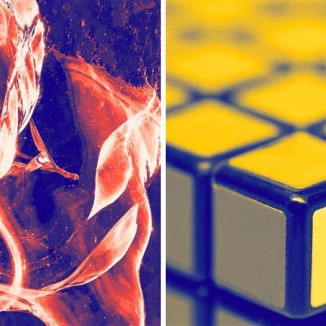
Avenues for Quantum Error Correction and Mitigation
Quantum computers promise significant advantages over classical supercomputers for a wide range of computational tasks, with suggested applications in optimization, machine learning, and materials science. However, this promise can only be realized if appropriate methods are employed to effectively address the unavoidable errors present in practical implementations. Quantum error correction enables the detection and correction of errors without revealing any logical information. While this is by no means a new idea, recent years — or rather months — have seen remarkable progress in this field. This talk will provide an introduction to the field of quantum error correction and guide the audience through some of the most important developments of the past twenty years. It will also examine the perspectives for quantum error mitigation, which aims to reduce error rates primarily using classical techniques. Most importantly, the talk will assess where we currently stand, outline the next steps, and identify the technological — and even cultural — gaps that must be overcome. In this context, key themes will include the search for effective codes, the development of fast decoders, and the identification of compelling design principles for fault-tolerant architectures. The talk will conclude with an outlook on the prospects for ultimately achieving a fault-tolerant quantum computer.
